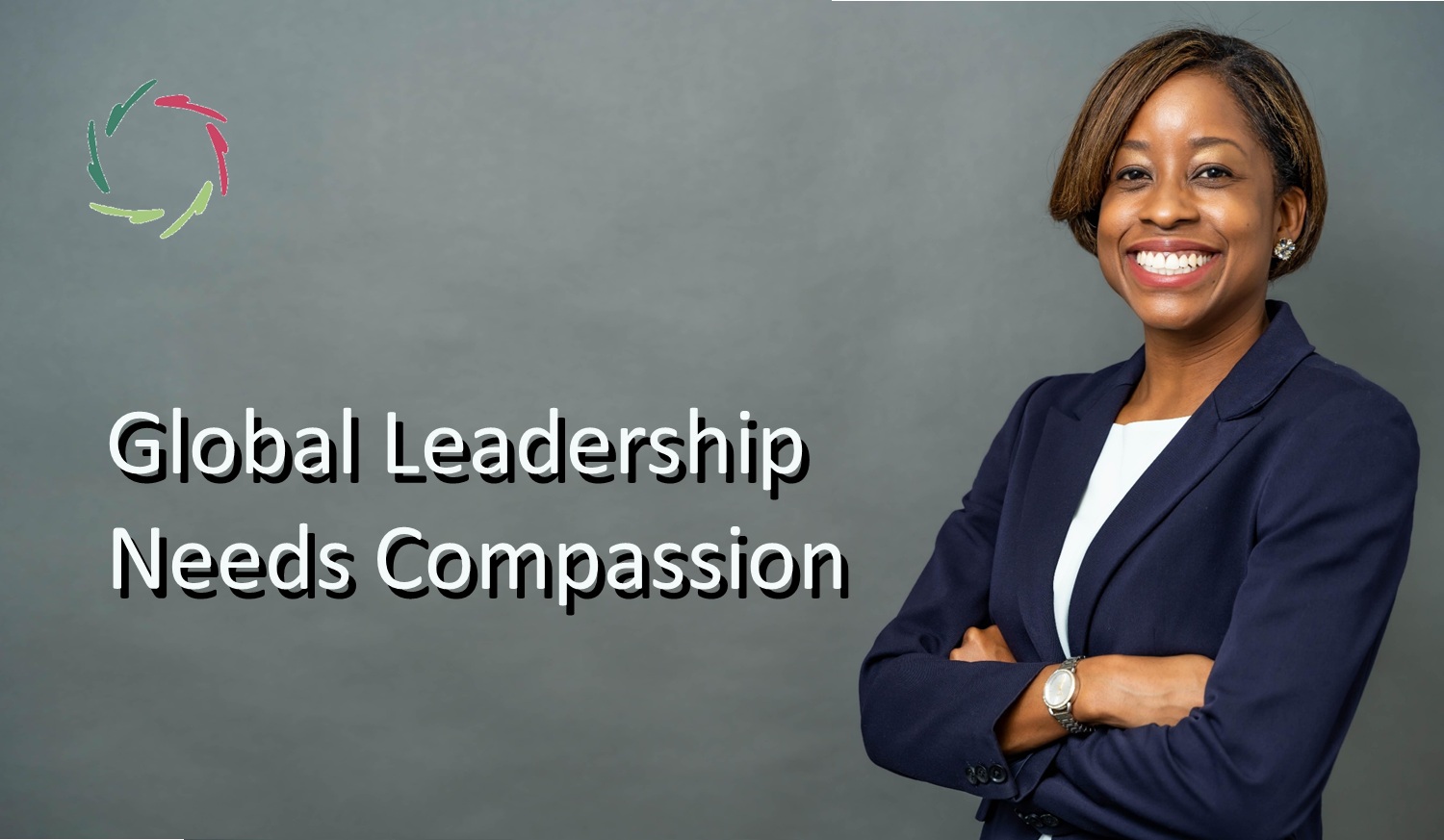Ten Tips for Good Diplomacy

CAUTION: IN MIND-RELATED MATTERS, TIPS DO NOT WORK IF THERE IS NO DEPTH INVOLVED.
That also counts for these tips.
Without the ‘vertical move,’ they are practically worthless. Diplomats – including Lisa as a diplomatic executive coach – should be continually aware of this. The aim is deep diplomacy. One can read these ten tips and their extensive explanations and not gain one ounce of depth from it all. However, read them in-depth, and you will gain a lot more of the same.
Lisa gets depth on the one hand from methods of AURELIS coaching and on the other hand from her broadly Compassionate background.
AURELIS coaching
In a way, these tips and explanations/examples are the horizontal line. Essential as this may be, the vertical line is equally so — in which AURELIS coaching methods may help profoundly.
Together, they form an exciting landscape to keep exploring. For an excellent diplomat, there is no end to this. Someone who thinks he has arrived will never function at the best of his abilities. There is no finish line. The landscape to explore is primarily your inner landscape. As a diplomat, you get the privilege of encountering many situations that can help in this. Please take advantage.
AURELIS coaching is no minor deal. You find much about it in the category of AURELIS coaching. However, this is no skill to master through some reading. It’s a profound growth process. If you are interested in growing toward an AURELIS coach, please read this blog.
Lisa, as a diplomatic executive coach
Lisa can help in two ways:
- As a mental coach to diplomats in their education and whenever a diplomat wants a private conversation with Lisa.
- As an active participant in negotiations/mediation/diplomacy. Lisa can pose questions to other participants (one or more) at the negotiation table. Here is an example (pdf transcript): Listening to Putin. Apparent is Lisa’s Compassionate attitude to all sides. I think this is adamant. One can envision further human communication with Lisa ‘behind the screen’ — as in the above example. Also, much concrete information can be uploaded, enabling Lisa to be active this way in many concrete situations.
If you want to know more, please contact lisa@aurelis.org.
Here is a list of ten tips.
You can click on each for more information and examples:
Tip 1: Listen Actively ― Prioritize Listening Over Speaking
Tip 2: Show Respect ― Always Maintain Respect for the Other Party, Regardless of Differences
Tip 3: Stay Calm and Composed ― Keep Emotions in Check
Tip 4: Be Honest and Transparent ― Honesty and Transparency Build Credibility
Tip 5: Be Patient ― Diplomatic Processes Can Be Slow
Tip 6: Find Common Ground ― Focus on Shared Interests and Common Goals
Tip 7: Use Empathy ― Try to See the Situation from the Other Party’s Perspective
Tip 8: Prepare Thoroughly ― Know the Facts, Understand the Context, and Anticipate Possible Objections
Tip 9: Stay Flexible ― Be Willing to Adapt and Compromise
Tip 10: Promote Positive Outcomes ― Focus on Positive, Win-Win Solutions


